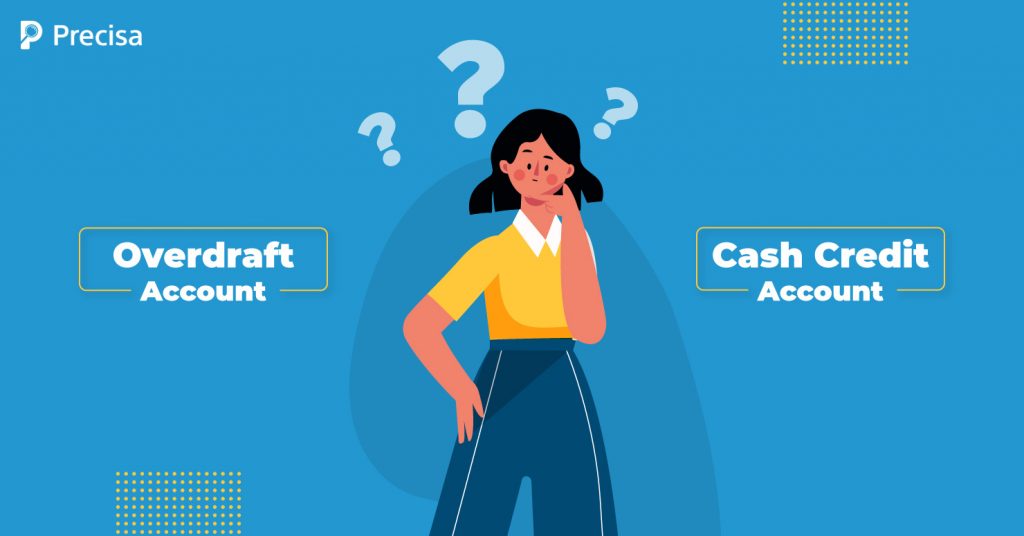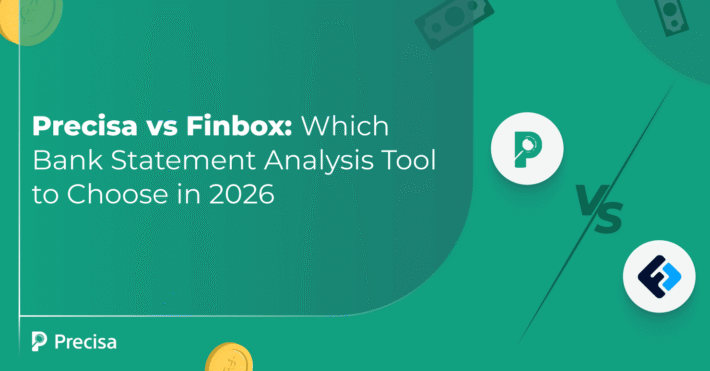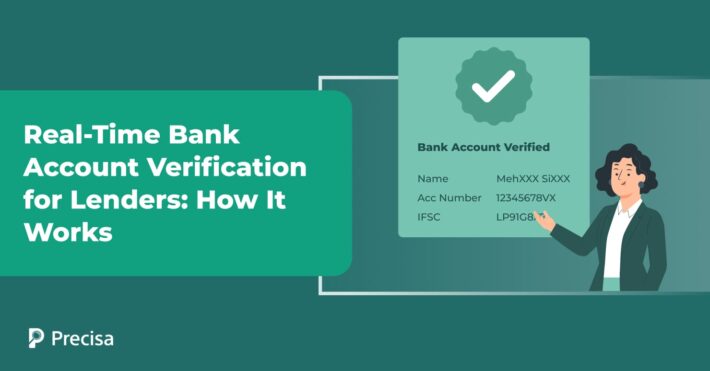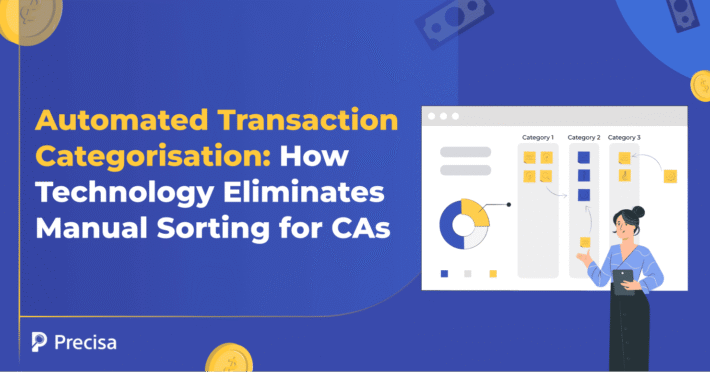Understanding the Differences Between Overdraft Account & Cash Credit Account

Cash credit and overdraft accounts are handy financial instruments that help businesses meet their working capital requirements. They serve as short-term loan facilities and are offered by several financial institutions after a few primary credit checks.
However, there is a popular misconception that both Cash Credit and Overdraft are the same, and people often use these terms interchangeably. While these two short-term loan variants may appear similar at the outset, they are different financial solutions that cater to distinct business needs.
What is Cash Credit?
Cash credit is a type of short-term loan typically availed by SMBs for running business operations. Financial institutions such as banks and NBFCs generally require a business borrower to set down security in the form of collateral in exchange for cash. Security can be any tangible asset such as property, stock in inventory, etc. The cash credit is usually extended as a percentage value of the security that is offered as collateral.
If the business needs urgent access to capital resources to fund any business operations, they mostly for a cash credit account. It is also referred to as a cash reserve account with an unsecured line of credit that attracts smaller interest rates compared to an overdraft account.
Key Features of Cash Credit Account:
- You may avail a cash credit only for business and operational purposes of your organisation.
- You have to open up a separate account in order to receive the credit.
- You can use the account for unlimited transactions up to the credit limit, and chequebooks are also issued for this account.
- Borrowers must submit requisite documents of the bank account statement, GST filing, profit and loss statement, and balance sheet to process this type of loan.
- You should also submit proof of collateral to avail of the loan.
- The loan can be repaid according to the stipulated terms and conditions of the lender.
Eligibility Requirements for Cash Credit
The eligibility requirements and documents for availing of a cash credit loan may vary based on the lender you choose. However, most lenders assess the number of years you have been running the business; your IT returns, bank statements and GST filing to assess your creditworthiness. Most proprietorships, partnerships, limited liabilities, and publicly traded firms can apply for a working capital loan.
What is Overdraft?
Overdraft is another short-term financing option that is attached to your existing current account or business account. Even if you don’t have sufficient funds in your existing business accounts, an overdraft account acts as a shield to cover for the difference.
In exchange for this, the bank or financial institutions levy fees for each Overdraft and charge interest on the balance, which can vary according to the terms and conditions. Overdraft accounts are available in the form of a secured overdraft facility against fixed deposits, life insurance policy, and unsecured Overdraft, which is based on your average statement balance and relationship with the financial institution.
Key Features of Overdraft:
- Businesses should have a sound financial position and maintain a good relationship with the institution to avail of this type of loan.
- The amount of fees charged can vary according to the extra amount you overdraw.
- Institutions constantly monitor whether to continue extending overdraft protection to a customer regularly.
- Unlike cash credit, customers cannot claim interest paid on overdraft protection for a tax deduction.
- Overdraft accounts tend to attract a higher rate of interest.
Eligibility Requirements for Overdraft
You don’t need to submit collateral to avail overdraft protection account. However, you might have to show a steady monthly income. Your bank statements may be thoroughly analysed to examine your overall financial health and creditworthiness to avail of this type of financial aid.
Differences between Overdraft and Cash Credit Account
Although both Cash Credit and Overdraft are short-term financial tools that businesses can avail for immediate working capital needs, the key differences lie in how the loan is disbursed and secured. Here are the key differences between them:
1. Purpose
While cash credit can be solely used for business purposes such as buying more stock, maintaining stock, paying employees, etc. Overdraft accounts can be used for personal purposes and during emergencies to keep the business afloat.
2. Rate of Interest
The interest for cash credit is calculated based on the entire loan amount and so tend to be lower. On the other hand, for overdraft accounts, the interest is accrued based on the overdraft amount along with other additional charges.
3. Maximum Loan Amount
In the case of cash credit, you can avail credit up to 60% of the value of the collateral. However, for an overdraft account, the lender usually determines the maximum limit based on your account statements, past payment behaviour, and credit history.
4. Withdrawal of Amount
The loan amount in case of Cash Credit is withdrawn one-time or as and when it is required. Whereas in Overdraft, the borrower is allowed to draw and repay multiple times, provided the amount is never drawn above the defined limit. An overdraft can only be availed in circumstances where the borrower needs more money than available in the account.
5. Limit of Withdrawal
The lending institution may revise and review the cash credit limit based on your business value. Whereas for Overdraft, the limit of withdrawal tends to remain unchanged.
How to Choose Between Cash Credit and Overdraft?
Businesses might need short-term loans to opt for quick funding requirements. In such cases, a cash credit or an overdraft account can come in handy. For immediate capital needs, both these tools can be beneficial. However, it’s vital to understand the features and additional fees to choose the right product for your needs.
Some lenders may even charge foreclosure penalties for both types of accounts. Therefore, be aware of the complete terms and conditions of each account to make the right decision. The choice between Cash Credit and Overdraft is dependent on your business needs and flexibility in withdrawing loan amount.
With highly volatile market environments, businesses are prone to financial crunches. In such cases, to adopt a quick fix solution, they can opt for Cash Credit and Overdraft accounts and ease the financial burden.
If you are looking for an easy to use solution for bank statement analysis, which allows you to upload bank statements and presents actionable insights in visually appealing, intuitive dashboards in real-time, Precisa is the tool for you.
Start your free trial to experience Precisa today!



